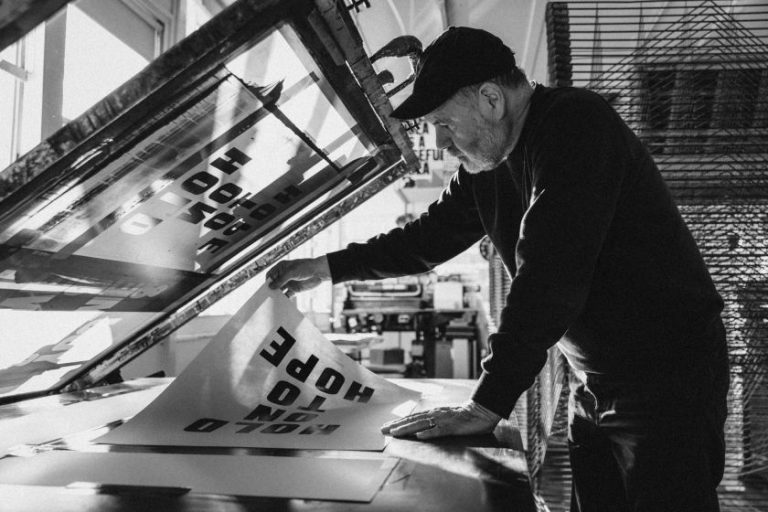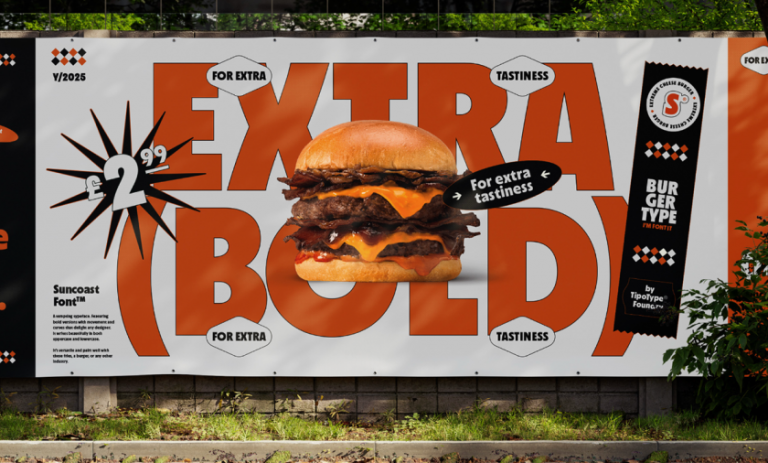Bite Back is an organisation campaigning for more regulation of fast-food multinationals. And their latest billboard makes its point with refreshing simplicity.
We recently encountered the practice of “anti-advertising” in our special report from Glastonbury Festival on How to be an anti-capitalist artist. And this week, we spotted another example of the genre, as youth activists launched a takeover of Westfield London, a popular shopping centre, with a billboard calling to end junk food advertisements this summer holiday.
It’s the work of Bite Back, which describes itself as “a youth activist movement challenging a food system that’s been set up to fool us all.” They aim to “send a loud message to the food giants: fuel us, don’t fool us”.
Ultimately, the organisation seeks a world where global food companies are held to higher standards and greater regulation, and schools are free from the corrupting influence of junk food. Their latest billboard takes the KISS principle (‘Keep it simple, stupid’) and runs with it, proclaiming in all-caps, bold type: “Young activists bought this space so junk food giants couldn’t.”
Making an impact
The billboard is a culmination of various ad spaces Bite Back has taken over across the UK this summer, including service stations, The Bullring in Birmingham, and radio and podcast audio ads. Bite Back has also invited shoppers and visitors at Westfield Stratford and White City to engage with the campaign and share their thoughts and images on social media.
“London’s Westfield White City is a massive draw for thousands of families, particularly during the summer holidays,” says James Toop, CEO of Bite Back. “Junk food giants are well aware of this and exploit it to target children with manipulative marketing tactics. This campaign is more direct, challenging people to reconsider the impact of junk food ads on their daily lives.
“We want to bridge that gap and demonstrate that everyone can support Bite Back’s mission to protect the next generation from the influence of big food companies.”
Need for action
Cerrera, a 17-year-old member of Bite Back’s Youth Board from Milton Keynes, adds: “I feel overwhelmed by the junk food ads I see online. Whether I’m researching for school, watching TV, or browsing social media, it’s everywhere. With one in three young people in the UK at risk of food-related health issues, we must take action now.
“We are leading the charge to change the narrative,” she adds. “It shouldn’t be up to us young activists to give children a commercial break from junk food ads, and we’ve seen we can’t trust the food giants to do it themselves. So we need the government to protect us from this constant bombardment of manipulative marketing schemes.”
And if you think this is all a pointless waste of time, then be aware that Bite Back has had a number of significant victories. For instance, in a recent Advertising Standards Authority (ASA) ruling, a complaint by a 15-year-old Bite Back activist against Just Eat – that it had failed to adequately protect children from exposure to junk food advertising on social media – was upheld.










